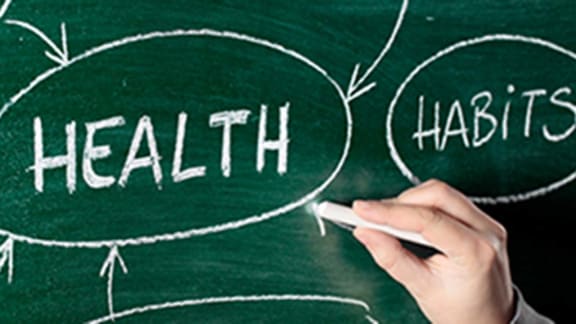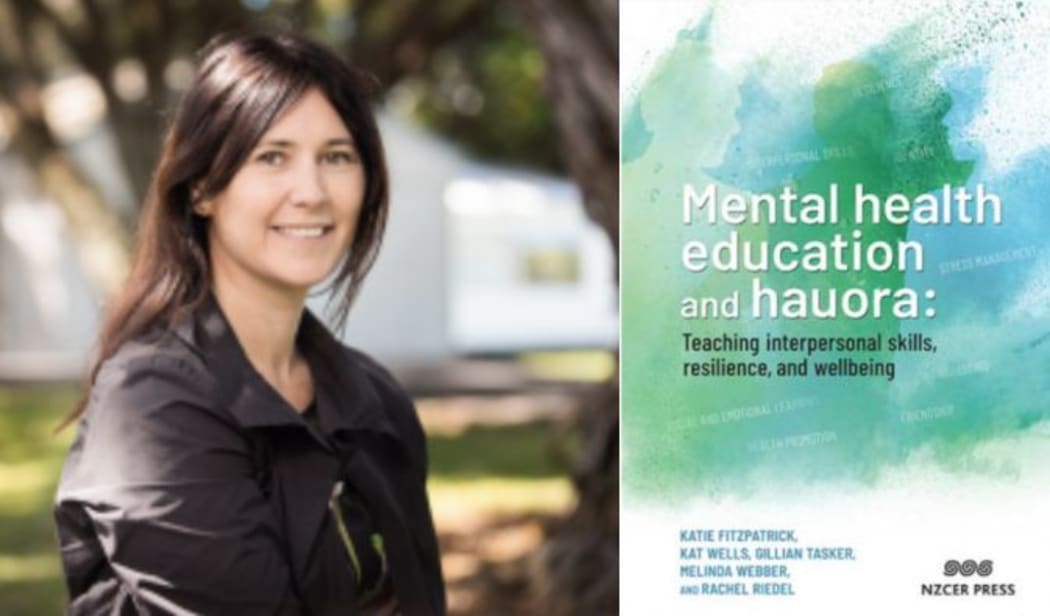In this Covid-19 era of fevered concern about health, why are we not seeing better health education in schools?
Education researcher Katie Fitzpatrick explores the reasons at Auckland University’s Raising the Bar event.

Photo: Jeswin Thomas / Unsplash
From the talk:
Katie Fitzpatrick: In my work, I argue that there are two possible approaches to health in schools. One is education for health, the other is education about health. The health field is still dominated by psychological models that focus on individual behaviour change while paying lip service to the social determinants of ill health.
This is influenced by the role of health in education. It wasn’t always a subject in schools. Rather, schools were targeted as the focus of health interventions, to get children to brush their teeth, drink milk, perform callisthenics and so forth. When health education did become a subject in its own right, in the 1980s and 1990s, everyone thought it was a response to health problems.
Health education gets confused in this tangle between education for health vs education about health. If health education is prioritised as education for health, then there’s an assumption its purpose is to address health outcomes, solve health problems, and prevent unhealthy behaviours.

Photo: Wikimedia Commons
This is not education. This is an intervention.
I argue that we need education about health. A subject. A place to study health and wellbeing, in all of its complexity. Education about health engages knowledge, skills and understandings of health issues and how they intersect at the level of the personal, social, cultural and historical, not only the individual.
Education for health, which is really health promotion, tends to focus mainly on the individual and trying to change their behaviour. The problem is, campaigns to change behaviour, don’t tend to work. Campaigns that aim to change behaviour such as smoking or drinking often do a really good job of raising awareness, but behaviour is much more complex, because it’s a function of environments, social relationships, contexts, political possibilities, and so forth.
There’s an example I often use with teachers.
If a student in their class is experiencing racism in the school environment, then thinking positively about it and using the tools of positive psychology are probably not going to help them all that much. They may be useful to the student in some ways, but understanding institutional racism, the history of colonisation, and the effects of these on health will have more impact.

Assoc. Prof Katie Fitzpatrick Photo: University of Auckland/NCER
About the speaker
Associate Professor Katie Fitzpatrick’s research focuses on health education, physical education, sexuality education, critical pedagogy, and critical ethnographic methods. She has a background teaching in schools and has led policy development for the Ministry of Education in the areas of relationships, sexuality education, and mental health education.
She has written a number of books, and one she co-authored (Mental health education and hauora) has been a very influential text for school teachers.

Photo: University of Auckland
Raising the Bar was recorded in association with the University of Auckland

